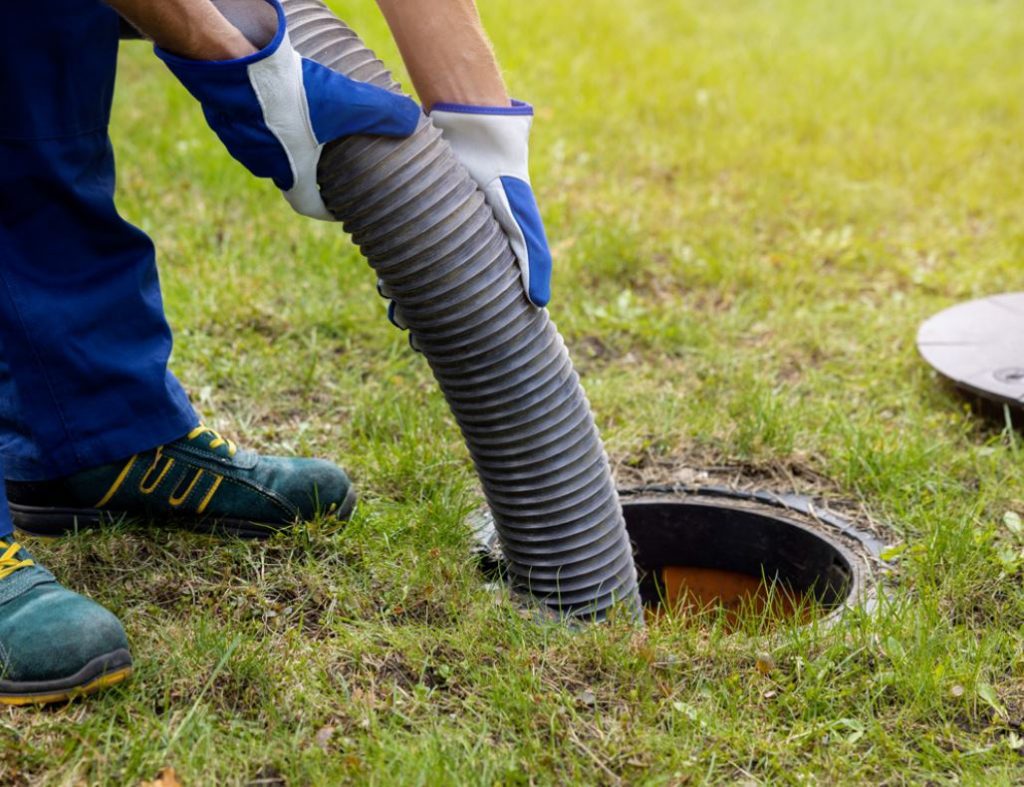Septic tank drainage program
The municipality adopted a bylaw to control the maintenance and regular emptying of septic tanks. Every two years, tenders for the contract to pump out residential septic tanks is awarded to the lowest bidder. Refer to the by-law.
Every 2 years, operation starts in September and the emptying of septic tanks end before the end of November. A written notice is provided to residents approximately two weeks before the 5-day period during which the tenderer will carry out the work, so owners can ensure that their septic system is accessible. Although there is no charge for the drain, there could be additional costs if the contractor is unable to access the septic tank.

A crash course in septic tank maintenance
Did you know that non-compliant or poorly maintained septic systems are a major source of bacterial contamination of groundwater, drinking water wells, lakes and streams? For this reason, as the owner of a septic system, you have a responsibility to ensure that your system is in good working order, and to replace any part in your system when its useful life has ended.
Here are a few tips to help you keep your septic system in good working order, in addition to the pumping performed by the municipality every two years:
- If your septic tank is equipped with a filter, it’s important to have it cleaned twice a year.
- Install a septic tank with the capacity required for the number of bedrooms in your home.
- Take into account the maximum wastewater load the septic tank can absorb at any one time (over a 24-hour period).
- Use biodegradable cleaning products to preserve the microorganisms in your septic system. They are valuable allies!
- Avoid disposing of substances that do not decompose naturally or that decompose very slowly—oils, greases, paints, solvents, medicines, tampons, condoms, cigarette filters, etc.— into the septic system.
- Do not modify the plant cover above your purifying element. For example, it is not recommended to turn it into a garden, vegetable patch or children’s playground, nor to plant trees or shrubs.
- Make sure rainwater doesn’t collect near your septic system. The dilution of wastewater hinders the work of bacteria.
- Keep the snow cover as insulation to protect the leaching bed from freezing.
- If you are the owner of a certified treatment system, make sure you have a maintenance contract with the manufacturer, its representative or a qualified third party.
To know more:
Regulation respecting waste water disposal systems for isolated dwellings
Groundwater Catchment Regulation – French only
Regulation respecting waste water disposal systems for isolated dwellings – French only (Q-2,r.22)

